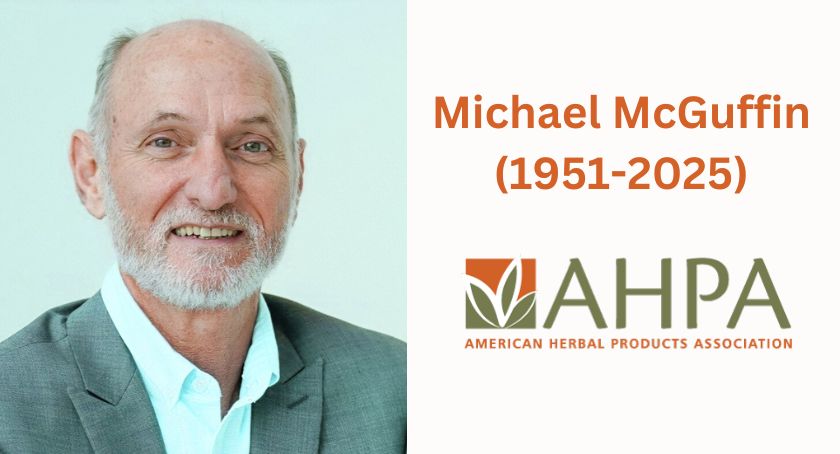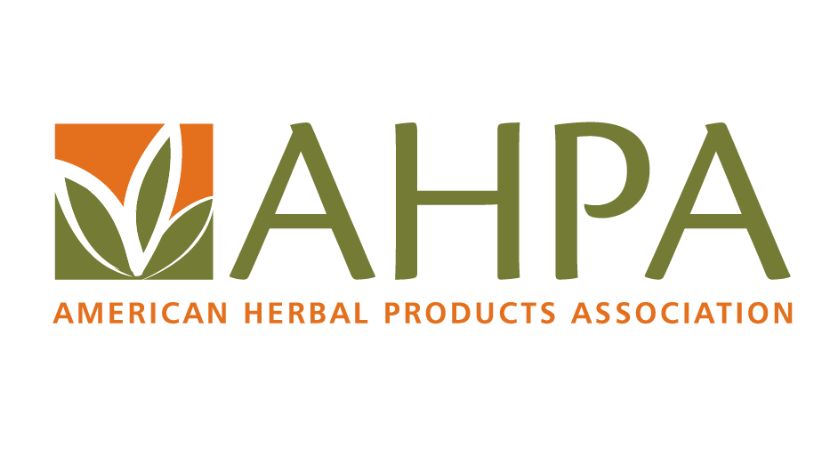Market Updates, Regulations
CHPA Petitions FTC to Withdraw Notice of Penalty Offenses Sent to Hundreds of Companies
The trade organization said the notices issued earlier this year were inconsistent with regulatory practice, and unenforceable because they violate due process.
By: Mike Montemarano

The Consumer Healthcare Products Association submitted a Citizen Petition to the U.S. Federal Trade Commission urging it to withdraw a notice it sent to nearly 700 companies which sell over-the-counter medicines, dietary supplements, functional foods, and homeopathic products in April this year.
The Citizen Petition was supported by the American Herbal Products Association (AHPA), the Food Industry Association (FMI), Natural Products Association (NPA), Personal Care Products Council (PCPC), and the United Natural Products Alliance (UNPA).
In the notice, FTC warned each company that it may seek monetary penalties if products are marketed without sufficient evidence, amounting to up to $50,120 per violation if a company knowingly engages in unlawful conduct. The penalty may apply to any company that doesn’t “adequately substantiate their product claims,” with competent and reliable scientific evidence (CARSE), the notice warned.
FTC is extremely limited in its capacity to seek penalties, and cannot seek penalties for first-time offenders. But industry observers predict that the commission might use the notices as a vehicle to seek out penalties down the line. That’s because a 2021 Supreme Court case, AMG Capital Management LLC v. FTC, led to a decision that FTC can begin seeking penalties if companies were already given notice of a violation.
Are the Notices Enforceable?
CHPA, along with its five co-petitioners, argued that the notices sent earlier this year contradict longstanding regulatory guidance.
According to Carolyn Hermann, CHPA deputy general counsel, the standard of substantiation in marketing that FTC is attempting to enforce is inconsistent with FTC’s own prior guidance, as well as the Dietary Supplements Health and Education Act (DSHEA).
“Despite this, and several court opinions holding that a more balanced, multi-factored standard remains the law, FTC has continued to push a ’drug-level’ substantiation standard and is now moving forward with its viewpoint by circumventing Congress and the formal rulemaking process,” said Hermann.
Each notice fails to establish that any company had ‘actual knowledge’ of violations necessary to seek penalties under Section 5 (m)(1)(B) of the FTC Act, Hermann noted. The notices’ contents are so vague and unclear that it fails to provide any company with fair guidance of what component of their marketing, if any, is prohibited.
“While the Commission’s viewpoint is not new or surprising, what is surprising is to see FTC take its stance one step further by placing hundreds of companies on notice through standardless form letters that fail to provide any basis for imposing the civil penalties they threaten,” said Hermann. “Since the notice has no legal effect, it is merely threatening companies for engaging in permissible and truthful promotion of products. The chilling effect caused by the notice thus keeps true and not misleading scientific information away from consumers, which is exactly what Congress intended to prevent through DSHEA. To stop this unlawful chilling effect, CHPA urges FTC to immediately withdraw the notice.”
CHPA noted in its statement on the Citizen Petition that FTC began to signal its stance on the matter of substantiating dietary supplements in a 2022 guidance it issued, in which it called for imposing requirements that health claims are supported by randomized clinical trials that CHPA characterized as “drug-level.”



















